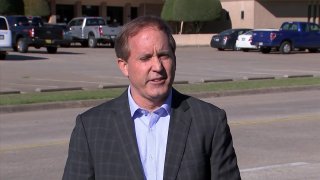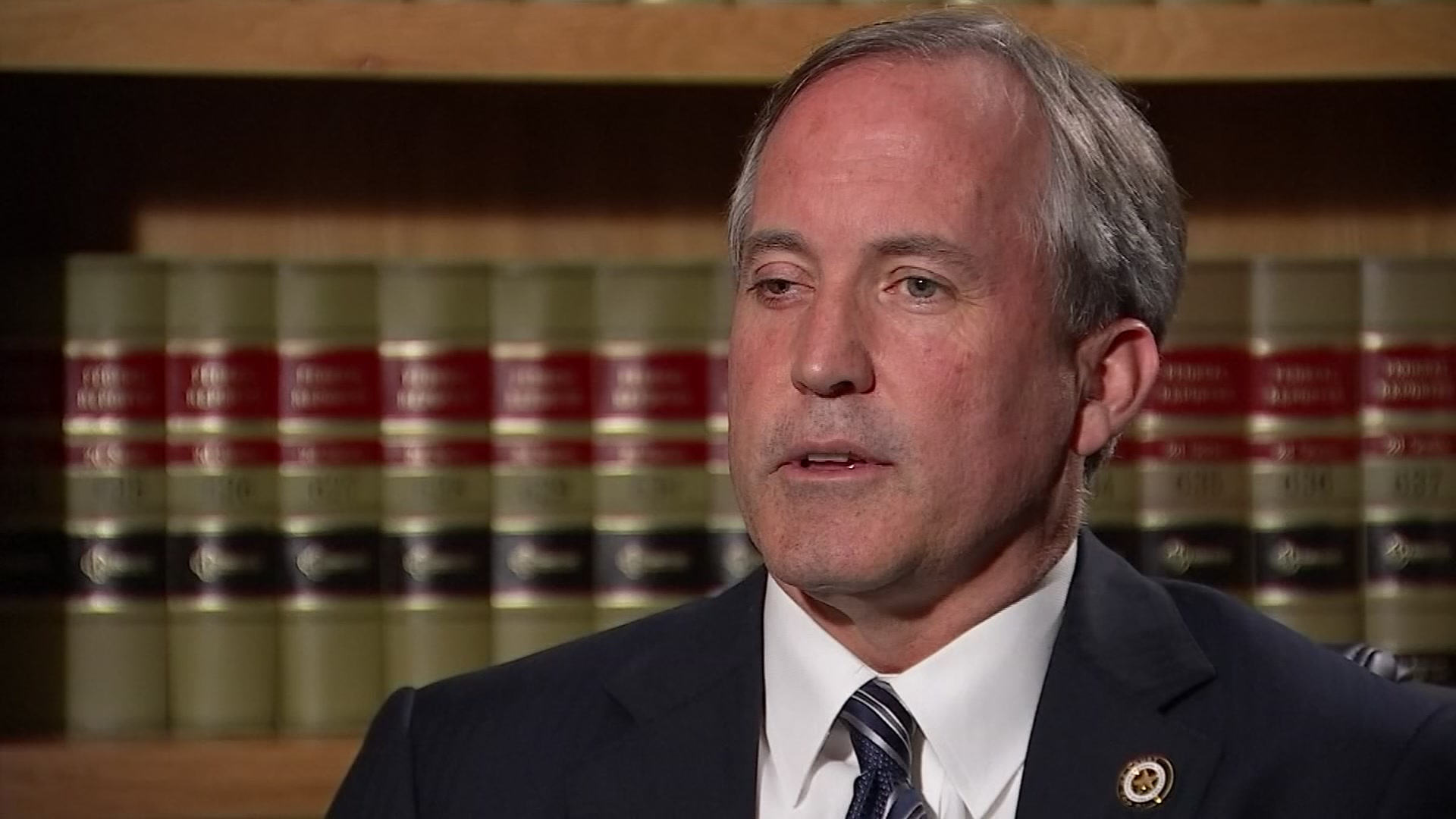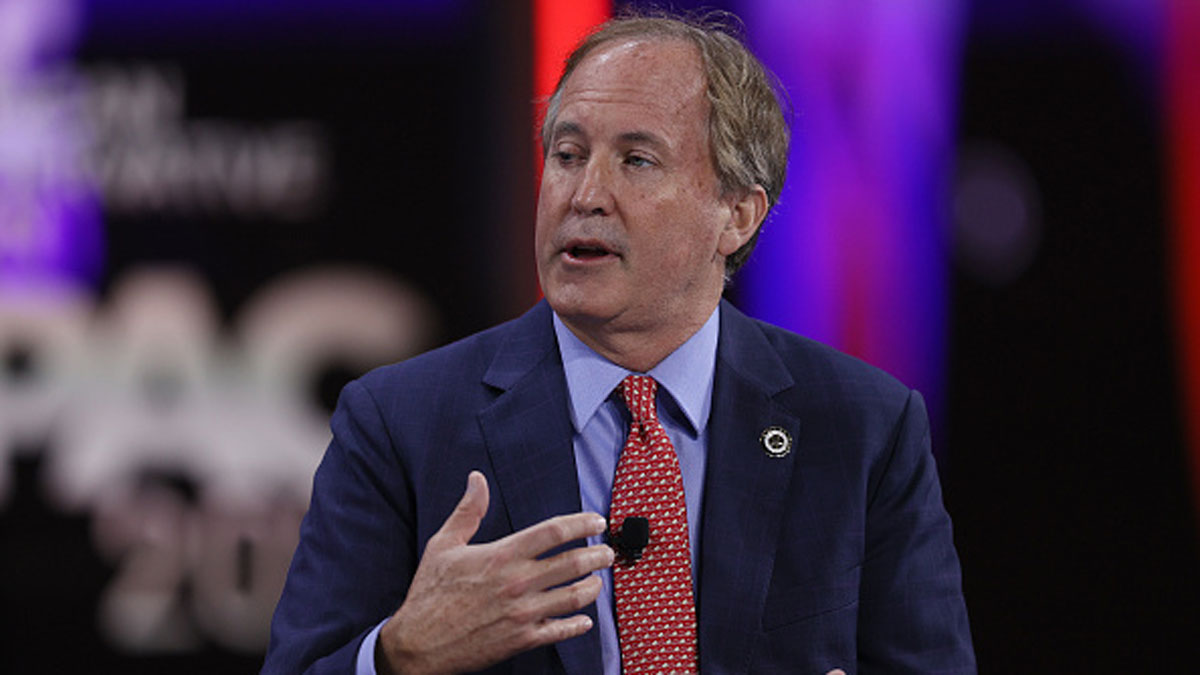
Lawyers for Texas' embattled attorney general have asked the state bar association to drop its investigation into whether the Republican's failed efforts to overturn the 2020 presidential election amounted to professional misconduct, arguing the probe is an unconstitutional overreach.
In late May, the State Bar of Texas began looking into Attorney General Ken Paxton's petitioning of the U.S. Supreme Court to block Joe Biden's victory based on bogus claims of fraud. The investigation was prompted by a Democratic Party activist's complaint that the Republican official's actions were frivolous and unethical.
In a wide-ranging formal response Thursday, Paxton's office argued that the activist lacks the standing to bring a complaint against the attorney general and that the bar's investigation amounts to the judicial branch unconstitutionally intervening in the work of the executive.
"The regulation of the professional conduct of attorneys does not extend to the regulation of the decisions of the Attorney General, his office, or any other agency that happens to be led by a licensed attorney, or any public official who may happen to be a licensed attorney," a lawyer for Paxton's office wrote in the 22-page reply.
Kevin Moran, the 72-year-old president of the Galveston Island Democrats, said he's proceeding with his complaint. He provided Paxton's response to The Associated Press and said "my reading of it is that he has declared himself above the law, essentially."
Get DFW local news, weather forecasts and entertainment stories to your inbox. Sign up for NBC DFW newsletters.
A spokeswoman for the bar, which operates under the authority of the Texas Supreme Court, declined to comment. Paxton's office did not immediately respond to requests for comment.
The investigation is just one of Paxton's legal and political liabilities. He is facing a years-old criminal case, a newer FBI investigation, and challenges from two Republican primary opponents who have sought to make electoral hay of the various controversies.
Ken Paxton
Paxton pleaded not guilty in a state securities fraud case, which has been stalled since 2015. He has broadly denied wrongdoing in the separate criminal probe launched after his then-top deputies reported him to the FBI last year for alleged bribery and abuse of office.
Paxton's legal problems aren't repelling GOP donors, but some are starting to throw money at his challengers. George P. Bush outraised the two-term attorney general after entering the race in June, pulling in $2.3 million while Paxton raised $1.8 million over the last six months, according to new campaign finance figures posted Friday.
Republican Eva Guzman, a former Texas Supreme Court justice, also raised more than $1 million for what is likely to be the state's most competitive GOP primary in 2022.
In December, Paxton's office asked the U.S. Supreme Court to intervene in the electoral defeat of Donald Trump, although he did so without Texas' top appeals lawyer, who would usually argue the state's cases before the high court. The Supreme Court justices threw out the petition.
A succession of other judges and state elections officials have refuted claims of widespread voter fraud, and Trump's own Justice Department found no evidence of fraud that could have changed the election's outcome.
The case drew more than 80 bar complaints against Paxton and his top deputy, according to the attorney general's response. It said the bar initially dismissed all the complaints but the tribunal that oversees grievances against lawyers overturned those decisions in four cases.
Along with Moran's, the response states, the other complaints the bar is investigating came from a lawyer, a man who described himself as a "citizen of Texas" disgusted by Paxton's actions, and David Chew, the former chief justice of a state appeals court.
Paxton's lawyers largely dismissed Chew's claims as "vague, non-specific, and conclusory." The retired judge could not be immediately reached for comment.



